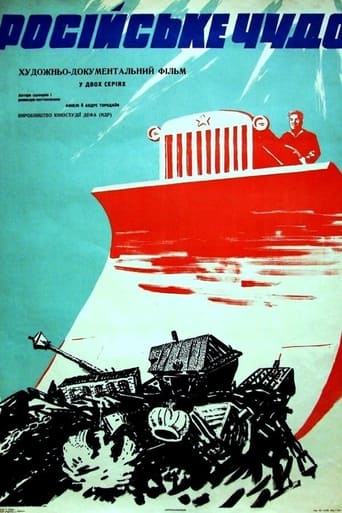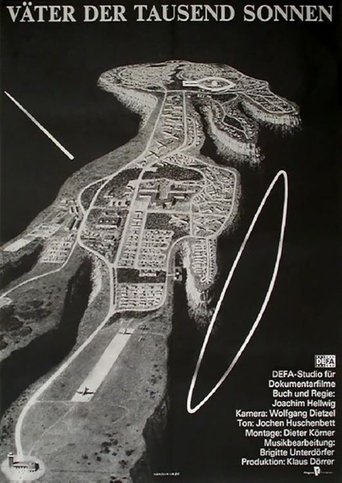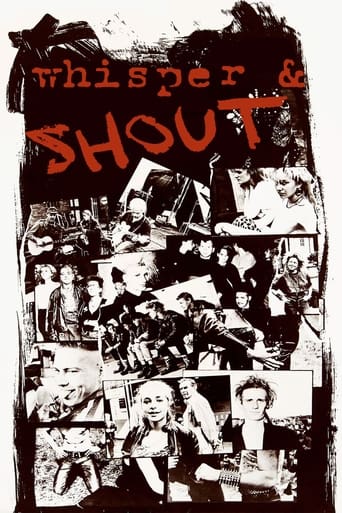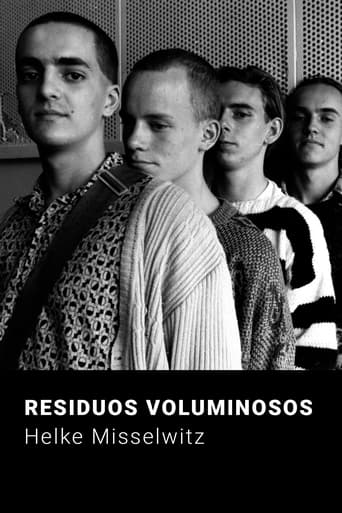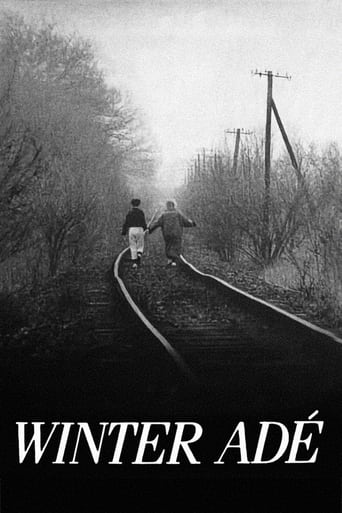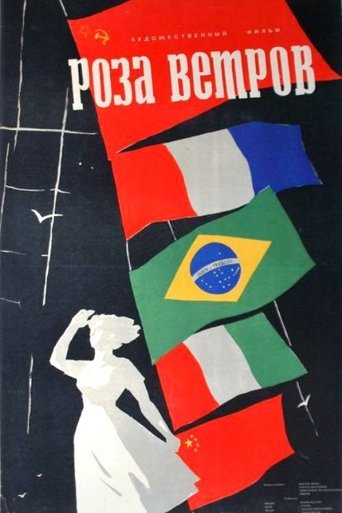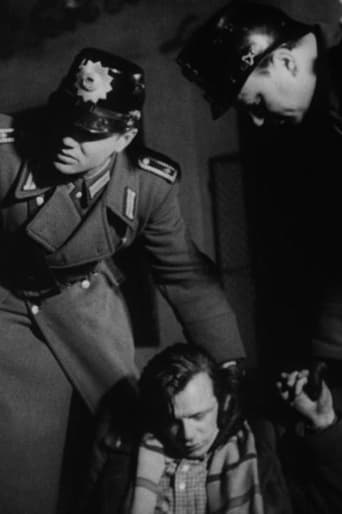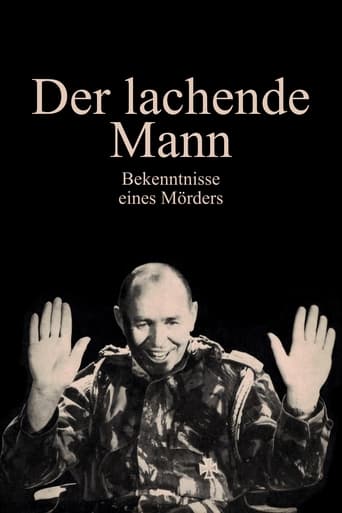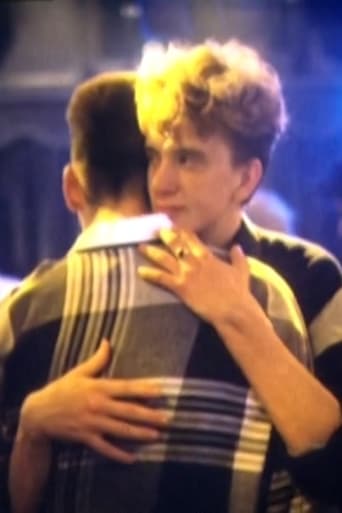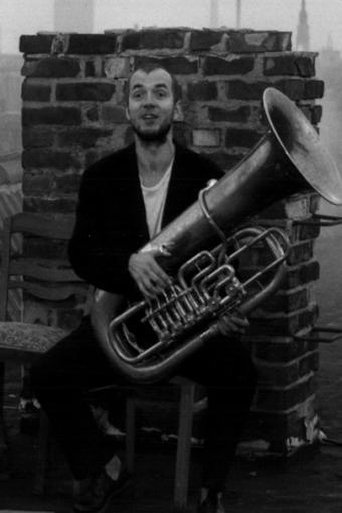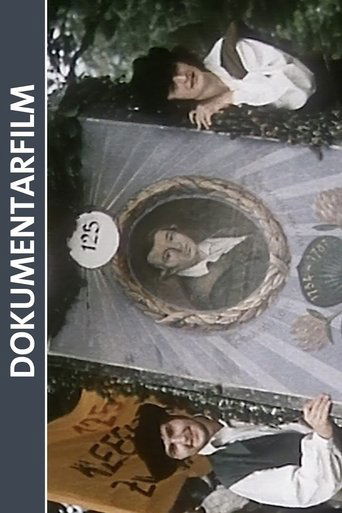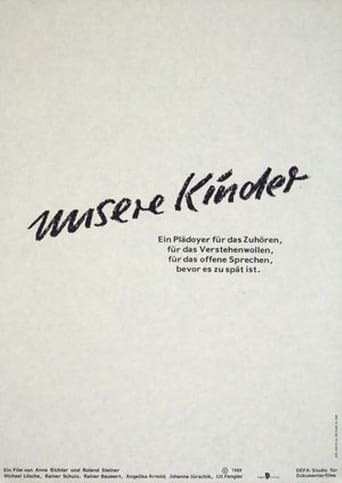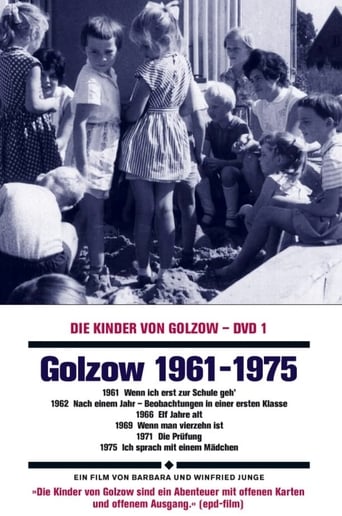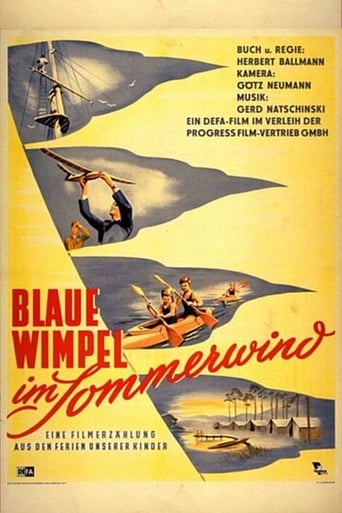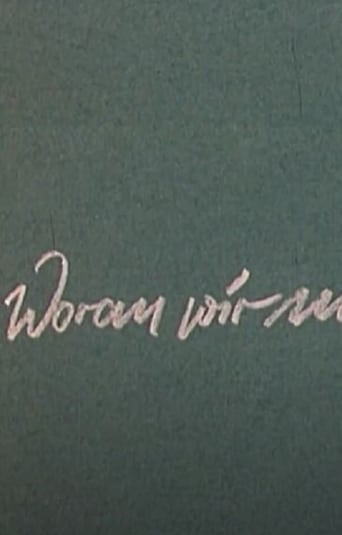Children are introduced to the magical world of cinema in a cheerful and fantastic way; embedded in a turbulent story, they learn about the film professions. A young author, Alice, has written a story and travels to the DEFA feature film studio where this story is to be realized. On the way there, she meets characters she has already invented. The doorman, who is later recognized as one of the actors, wants to refuse them entry. Now begins a cheerful plot to realize the story, which is based on a well-known fairy tale, combined with the chase of the gatekeeper, prince and princess. Alice stands up for her charges, who occasionally slip away from her, and tries to move the plot forward, which involves various film professions. In the end, the real and the fictional merge in a fairytale meadow.

